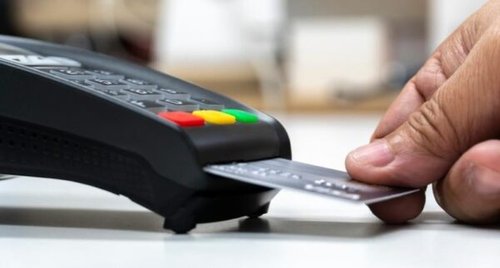Yes, eligible applicants can get an American Express card after bankruptcy but it may first take several years of improving your financial situation before you’re eligible for approval. American Express maintains strict standards about extending credit after bankruptcy, but it offers some alternative services that could help see you through the next few years.
Chapter 7 bankruptcy means a fresh start from bills you can’t possibly get caught up. Rule changes in 2005 made Chapter 7 harder to achieve, leaving many Americans with lengthy repayment plans under Chapter 13’s provisions. However, Chapter 7 reboots your bottom line, wiping everything from your debt list except student loans and government liens. Because you can’t qualify for bankruptcy again for a few more years, many credit card issuers may view you as less of a risk than before your bankruptcy.
Not American Express.
➤ LEARN MORE:What’s the difference between Chapter 7 and Chapter 13 bankruptcy?
According to bankruptcy attorneys, American Express tends to shut down accounts the moment its records indicate a card member has entered the bankruptcy process. And, according to customer service specialists, American Express won’t issue a credit card or a charge card for a consumer with a Chapter 7 bankruptcy on their credit report. That “BK” listing stays on your credit profile for a maximum of 10 years, so it could be as many as eight more years before you qualify to make charges on an Amex card.
It’s even worse if you had an American Express card that you didn’t pay off before your bankruptcy filing. According to customer service agents responding to my inquiries, Amex won’t open a new line of credit for a former card member whose account was forcibly shut down due to money trouble.
However, American Express still wants to do business with you. Amex launched American Express Serve, a full service reloadable prepaid account. While not the same as a credit or charge card you can still rely on the company to help you manage your money while protecting you from fraudulent purchases.


